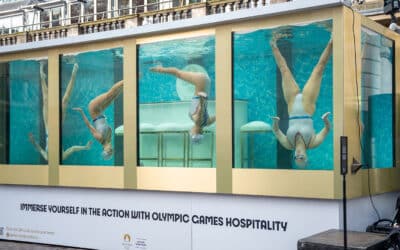BBC in-house quotas should be changed or even abolished, according to the BBC Trust.
In a 69-page document [you can read it here] it recommended that the quota system was “not sustainable in the long term as it was no longer stimulating wide, creative competition as effectively as it had done in previous years.”
Quotes or the Window of Creative Competition (WoCC) were introduced in 2007 and guaranteed that 50% of production went in-house; 25% to qualifying indies; and the other 25% were contestable. Since that time the independent market has grown substantially, which is one of the reasons why the Trust admits that the WoCC may have reached its end.
When it came to radio, the conclusion was that “the scale and dynamics of the respective markets are clearly different” and that it wouldn’t be recommending the same major changes as it was for television. This has disappointed trade body the Radio Independents Group:
“Three independent analyses of the indie radio sector in the last 16 months have recommended that the BBC should significantly grow opportunities for indies to produce radio content. We are therefore disappointed that the Trust has not gone further and clearly recommended a substantial increase in opening up the radio schedules to indies,” said managing director, Will Jackson.
“However we are continuing to work with the BBC on its ‘Compete or Compare’ initiative and we hope that this will produce a much greater level of competition for ideas to the benefit of the Licence Fee payer”.
The third part of the report looked at online and the potential introduction of a digital WoCC. Currently 25% of online spend must be provided by independent companies.
“As internet protocol-based distribution grows and audience consumption behaviours change,” it reads. “More and more content will be delivered over the internet. The BBC’s approach to commissioning will result in an increasing emphasis on the production of this type of content as can be seen in the BBC Executive’s proposals to close BBC Three as a broadcast channel and continue it as an online-only offer.
“As such, there are calls from industry for the BBC to be much more ambitious in its approach to digital (online-only) commissioning and supply and to act as a catalyst for the market.”
66% of the BBC’s online suppliers were based outside of London for 2013/14, compared to 44% in 2010/2011. Although this does coincide with BBC’s Online and Future Media departments moving to Salford.








